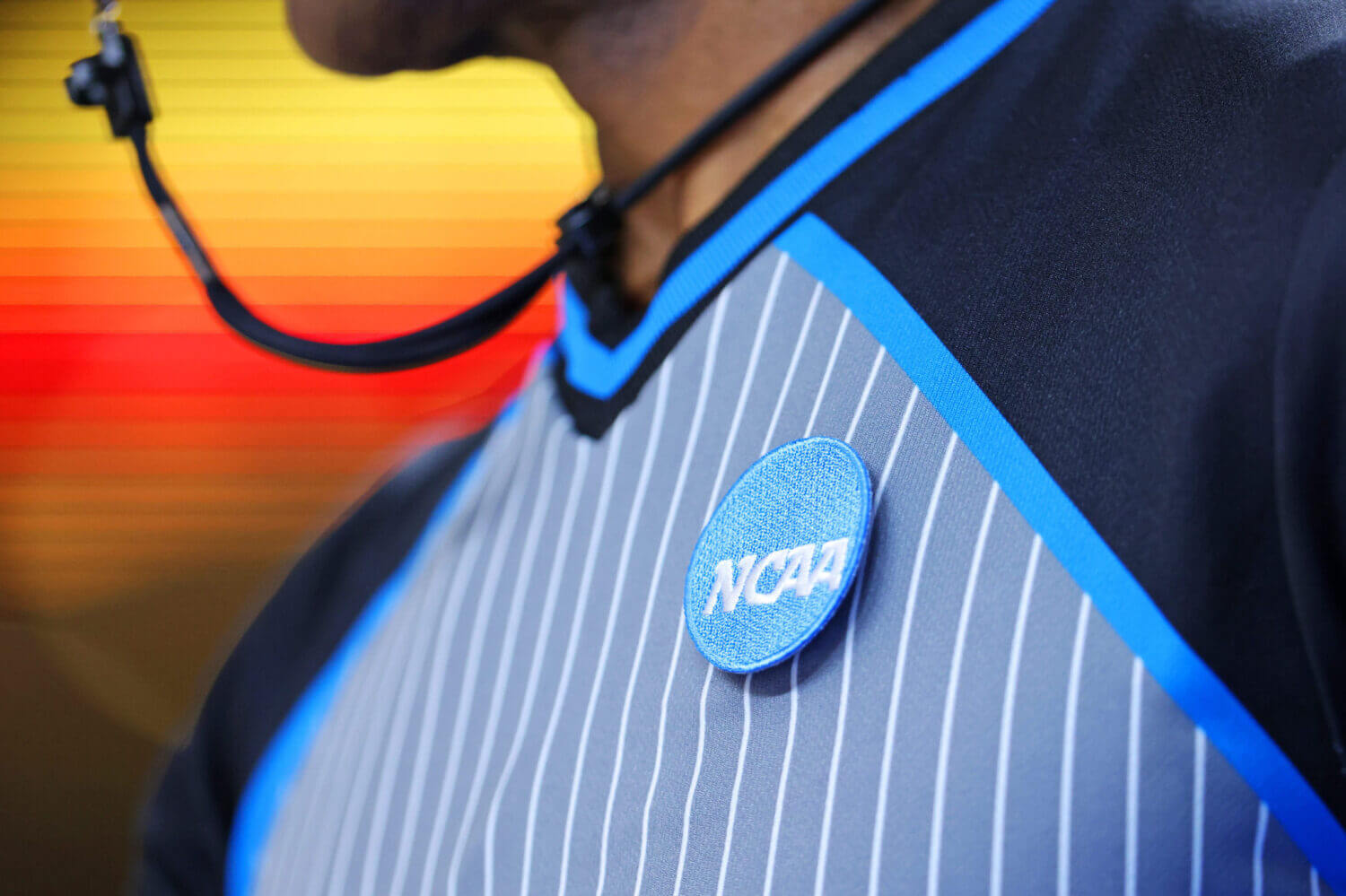Ope3
Sailor Sam
- Joined
- Dec 12, 2008
- Messages
- 13,635
- Reaction score
- 10,496
- Points
- 113
I presume Antitrust laws are also being scrutinized.
DOJ now involved, reviewing Sherman Act/Antitrust impact.Yup. This ruling isn’t it, but it will certainly be tested

DOJ joins antitrust lawsuit challenging NCAA's transfer rules
The additions of the DOJ and four new attorneys general signal that the suit is still pushing for a permanent rule change by the NCAA.
